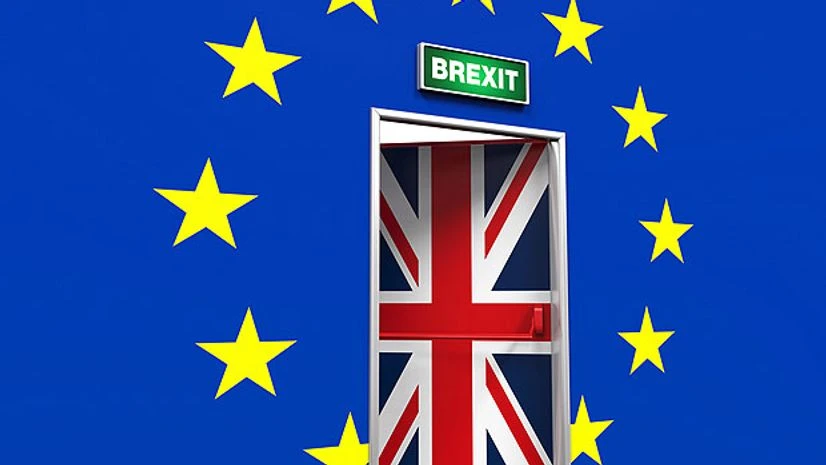Carnage came to world markets on Friday as early voting returns suggested Britain was on the verge of leaving the European Union (EU), threatening the existence of the entire bloc and its single currency.
The British pound collapsed over 5% against the US dollar at one stage in wild trade, its biggest fall in living memory, while the euro slid 1.5% as investors feared for its future.
Sterling was last at $1.4420, having earlier stretched to a high for the year at $1.5022. At it worse, the fall was even larger than during the global financial crisis and the currency was moving a cent or two in the blink of an eye.
"Sterling is getting smackadoodled," said Tim Kelleher, head of FX Institutional Sales New Zealand for ASB Bank in New Zealand. "While we thought it was all going to be 'Remain', it's quite clearly not going to be as clear cut as that," he added.
Early official results showed the margins were nail-bitingly tight. Traders were particularly spooked by returns from Sunderland showing a large majority for the Leave camp and just a narrow win for Remain in Newcastle.
The largest cities had yet to report and were expected to lean to the Remain fold.
More From This Section
With 48 of 382 counting areas declared, the Leave camp was put at 49.4% against 50.6% for Remain.
Wild gyrations spilled across different asset classes and regions.
The safe-haven yen recouped early losses to stand at 104.70 per dollar, dragging Japan's Nikkei down 0.4%. MSCI's broadest index of Asia-Pacific shares outside Japan slipped 1%.
FTSE futures were indicated down 3.5%, while EMINI futures for the S&P 500 lost 1.2%.
Financial markets have been racked for months by worries about what Brexit, or a British exit from the EU, would mean for Europe's stability.
Early opinion polls had favoured the Remain camp. An Ipsos MORI poll put the lead at 8 points while a YouGov poll found 52% of respondents said they voted to remain in the EU while 48% voted to leave.
Safe-haven bonds immediately came back into favour, with US 10-year Treasury futures jumping a full point. Yields on the cash note fell 8 basis points to 1.66%.
Investors also priced in even less chance of another hike in US interest rates given the Federal Reserve had cited a British exit from the EU as one reason to be cautious on tightening.
Commodities likewise swung lower as a Brexit would be seen as a major threat to global growth. US crude shed $0.81 to $49.32 a barrel in erratic trade while Brent fell $0.63 to $50.30.
Copper slipped but gold rose about 2% thanks to its perceived safe haven status.

)
